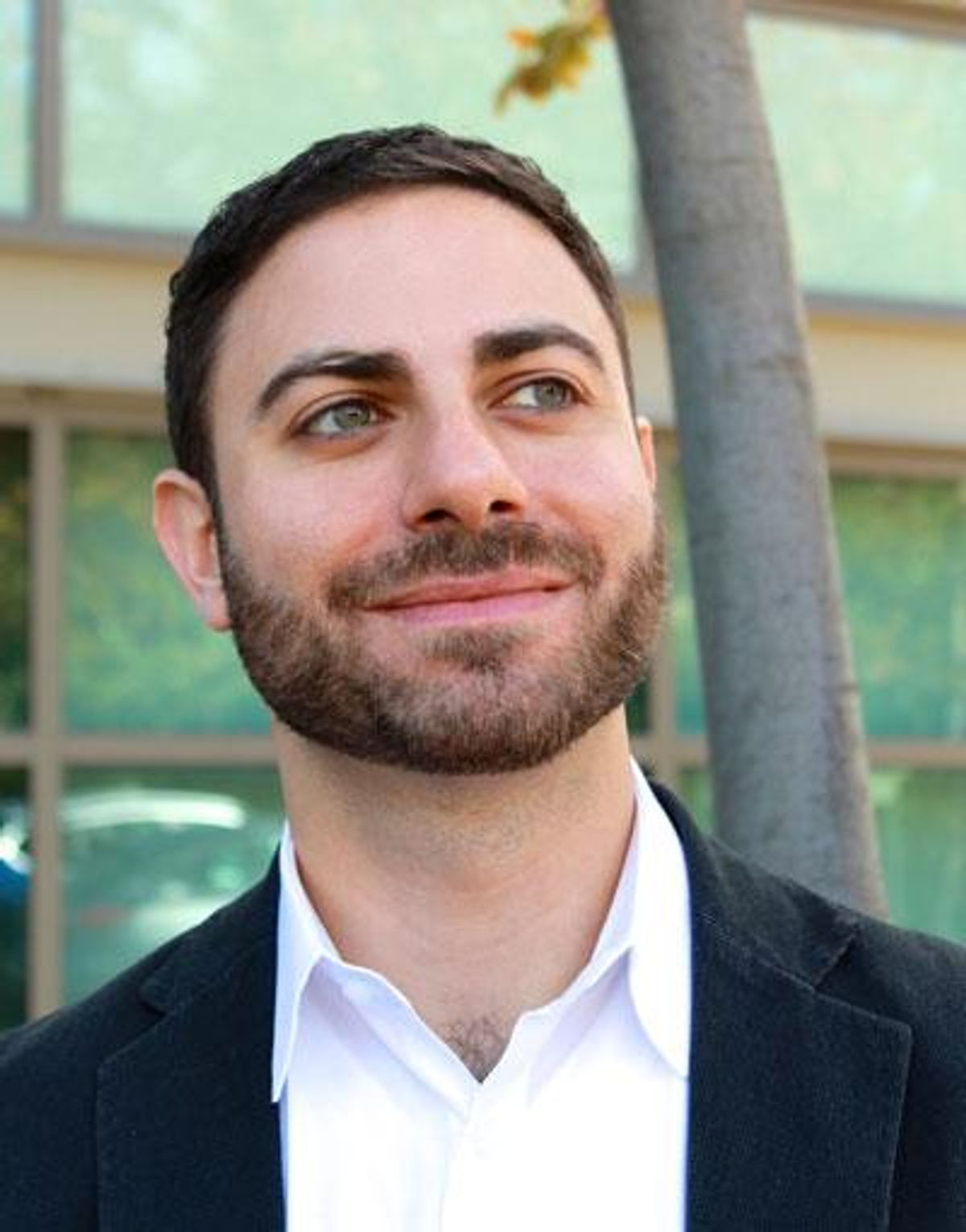
In our partnership with StartOut, we regularly invite the group to highlight an LGBT entrepreneur. It shouldn't be a surprise that the group's founder is also an entrepreneur.
November 29 2012 4:00 AM EST
November 17 2015 5:28 AM EST
By continuing to use our site, you agree to our Private Policy and Terms of Use.

The founder of StartOut is himself an entrepreneur, and he's also an example of the distinct characteristics shared by the new generation of upstarts.
Like a lot of business owners who have succeeded during the economy's recent sluggishness, Joe DiPasquale built his company, Regroup, on a small budget. The initial business model assumed two rounds of venture financing before hitting profitability, but when the economic downturn hit in 2008, venture capitalists weren't investing. So Regroup immediately focused on profitability. "When your business is able to finance itself through cash from operations, time is on your side," said DiPasquale, "and you also have market proof that you are doing something valuable."
His mass-messaging company is changing the way universities, companies and local governments are communicating with their respective audiences. Now they can send simultaneous messages to people wherever they are, via email, text, voice, the web and social media. Regroup provides both day-to-day and emergency messaging.
DiPasquale, 33, is CEO and founded the messaging company with computer science students from Stanford and Harvard as they realized there was a problem with effective communication in universities.
As an MBA student, DiPasquale said he noticed Stanford was using an outdated listserv product, and that Regroup ultimately became a better alternative to the "mailman" system. Another of their clients chose Regroup after a security guard accidentally discharged his gun into the floor of the student library. "There was immediate panic on campus, and students didn't know if they were in danger," DiPasquale said. With Regroup, the university is now able to immediately get the official word out to students via all the methods the company offers.
"Administrators were sending out important announcements via email, but students weren't on email," said DiPasquale. "They were using text messages on their mobile phones, or social media like Facebook or Twitter." Regroup allows for seamless communication between them all.
But the newest crop of entrepreneurs multitasks on a grand scale. In the last several years, DiPasquale has founded not only Regroup, but also StartOut -- a nonprofit for LGBT entrepreneurship -- and made investments as an angel investor and venture capitalist. In 2011, he began working with HighBAR Partners on their venture capital investments and on oversight of portfolio companies. HighBAR was the lead in Regroup's VC round in 2008 and sits on the board of Regroup. He's also begun making angel investments and recently invested in Artify.It, started by fellow StartOut co-founder Lorenzo Thione.
DiPasquale originally thought of the idea for an LGBT entrepreneurship organization in early 2009 and founded StartOut later that year, along with Bryan Janeczcko, Darren Spedale and Thione. "Darren had exactly the same idea, and with that type of market proof, we knew we had hit a need that many felt," said DiPasquale. StartOut originally held events in New York and San Francisco and has since expanded events to Austin and Los Angeles. "We are growing quickly and have many success stories, including those who have found employees, financing, co-founders, jobs, or simply learned about entrepreneurship through StartOut," he said.
On a recent panel DiPasquale put together for a StartOut event, an attendee asked the panel about non-technical founders. A couple of the investor panelists responded that their funds have preferences for technical teams, and one even mentioned several funds that now only invest in teams where at least one co-founder is technical. "I think that calls out the difference between being an investor and being an entrepreneur," said DiPasquale, who is in a position to know first-hand. He went on to say that as an investor, you have the luxury of playing the odds and betting on a few of the thousands of entrepreneurs you may meet, and as an entrepreneur, you are "risk-loving," and have to bet on yourself. "Instead of focusing on what may statistically may be a harder path, you should focus on the many non-technical founders who have been successful with large ventures," he said.
Some gay entrepreneurs today are blazing a new path of being out before founding and building businesses. DiPasquale, who came out during his freshman year at Harvard, feels that being gay helped him become successful. "It's a point of differentiation," he said, "and we all need to use our communities to help us in different ways."
For more information on StartOut, sign up for the monthly newsletter. This is a monthly series highlighting a successful business within the LGBT community that is involved with StartOut. The organization strives to educate, inspire and support entrepreneurs. It fosters LGBT leadership in the business community by including social programming opportunities, providing role models, connecting mentors, and promoting equality.